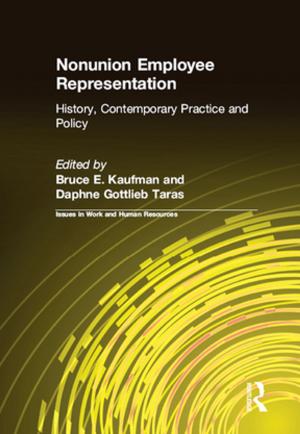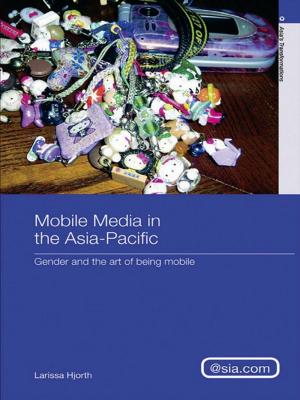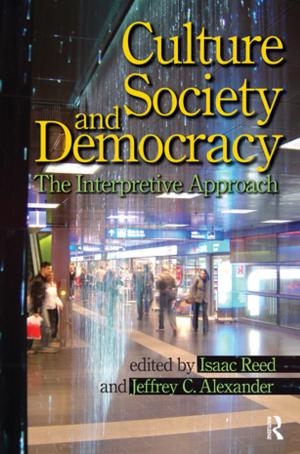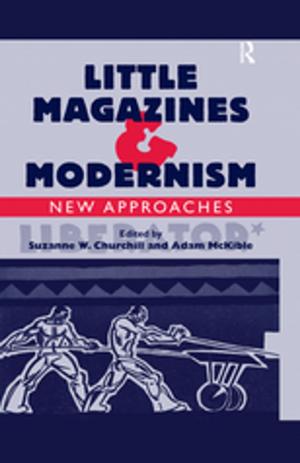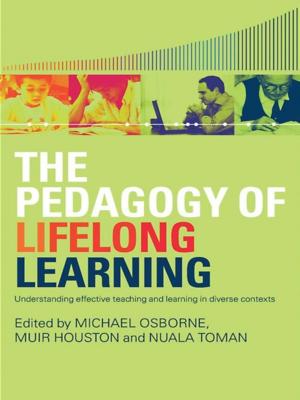| Author: | Graham Harvey | ISBN: | 9781317546320 |
| Publisher: | Taylor and Francis | Publication: | September 11, 2014 |
| Imprint: | Routledge | Language: | English |
| Author: | Graham Harvey |
| ISBN: | 9781317546320 |
| Publisher: | Taylor and Francis |
| Publication: | September 11, 2014 |
| Imprint: | Routledge |
| Language: | English |
Religion is more than a matter of worshipping a deity or spirit. For many people, religion pervades every part of their lives and is not separated off into some purely private and personal realm. Religion is integral to many people's relationship with the wider world, an aspect of their dwelling among other beings - both human and other-than-human - and something manifested in the everyday world of eating food, having sex and fearing strangers. "Food, Sex and Strangers" offers alternative ways of thinking about what religion involves and how we might better understand it. Drawing on studies of contemporary religions, especially among indigenous peoples, the book argues that religion serves to maintain and enhance human relationships in and with the larger-than-human world. Fundamentally, religion can be better understood through the ways we negotiate our lives than in affirmations of belief - and it is best seen when people engage in intimate acts with themselves and others.
Religion is more than a matter of worshipping a deity or spirit. For many people, religion pervades every part of their lives and is not separated off into some purely private and personal realm. Religion is integral to many people's relationship with the wider world, an aspect of their dwelling among other beings - both human and other-than-human - and something manifested in the everyday world of eating food, having sex and fearing strangers. "Food, Sex and Strangers" offers alternative ways of thinking about what religion involves and how we might better understand it. Drawing on studies of contemporary religions, especially among indigenous peoples, the book argues that religion serves to maintain and enhance human relationships in and with the larger-than-human world. Fundamentally, religion can be better understood through the ways we negotiate our lives than in affirmations of belief - and it is best seen when people engage in intimate acts with themselves and others.

